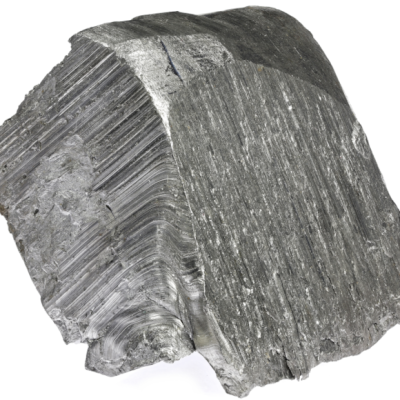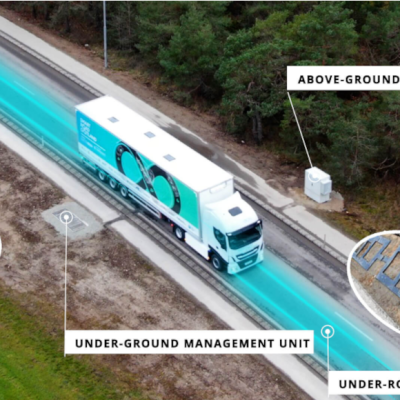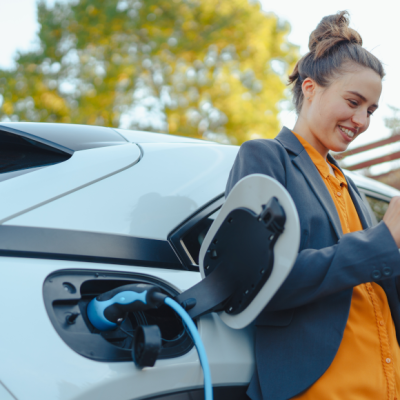The demand for electric and hybrid vehicles is on the rise among car buyers in Germany. According to the “Trends beim Autokauf” study conducted by ARAL, 40% of survey participants plan to purchase a car in the next 18 months. This marks a slight decrease from 2017, when 41% expressed interest in buying a car. However, the study also reveals a significant shift in preferred propulsion technologies among car buyers. While two-thirds of respondents in 2019 wanted to buy a car with a diesel or gasoline engine, the demand for these vehicles has since decreased. Instead, more buyers are opting for hybrid or electric vehicles.
In particular, the popularity of pure electric vehicles has surged in Germany. The study shows that 15% of car buyers are now interested in purchasing an electric vehicle, up from 7% in 2019. Meanwhile, 27% of buyers prefer hybrid vehicles as a transitional option between traditional combustion engines and electric vehicles. Alternative technologies such as natural gas, hydrogen, and autogas have a combined market share of only 2%, indicating their limited significance in the market.
Interestingly, the study also found that German car buyers are willing to pay significantly more for an electric vehicle than for a traditional combustion engine vehicle. In 2019, the average accepted premium for electric vehicles was €3,210, but this has now increased to €7,085. Additionally, 19% of survey participants cited attractive leasing or financing offers as a reason for purchasing a new car, up from 14% in 2019.
Overall, the study highlights the changing preferences of German car buyers towards more sustainable and environmentally friendly propulsion technologies. Audi and Volkswagen are the most popular brands among buyers, followed by BMW and Mercedes.










